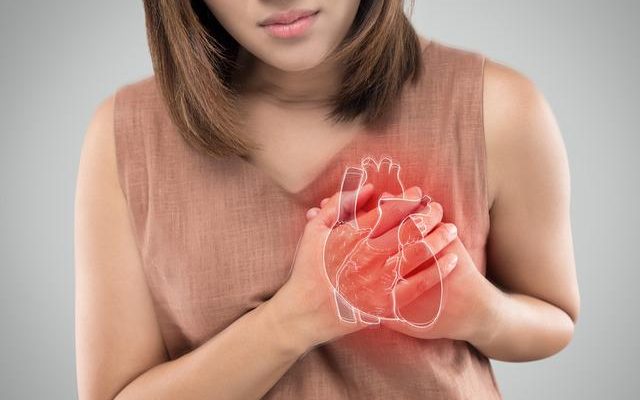Cardiology Specialist Assoc. Prof. Dr. Semra Topçu, who warned “Stay away from processed foods”, warned about salt, which causes ‘alarm’ with its consumption on the occasion of 11-17 March World Salt Awareness Week. Salt is a mineral consisting of sodium and chloride and is necessary for the proper functioning of the body. Stating that it is, Topçu said, “However, consuming too much salt can lead to heart disease and other health problems.”
HEART FAILURE, RISK OF STROKE
Referring to the effects of excessive salt consumption on the heart, Topçu said, “It increases blood pressure. Blood pressure is a measure of how hard the blood in your arteries is pressing against their walls. When blood pressure is high, your heart has to work harder, increasing the risk of heart disease. It may lead to heart failure. Heart failure is a condition in which your heart is not strong enough to pump the blood your body needs. It increases the risk of stroke. A stroke is an interruption of blood flow to your brain. It may cause kidney disease. Your kidneys are responsible for filtering waste products and excess fluid from your blood. “Consuming too much salt can cause damage to your kidneys,” he said.
DAILY CONSUMPTION IS ONE TEASPOON
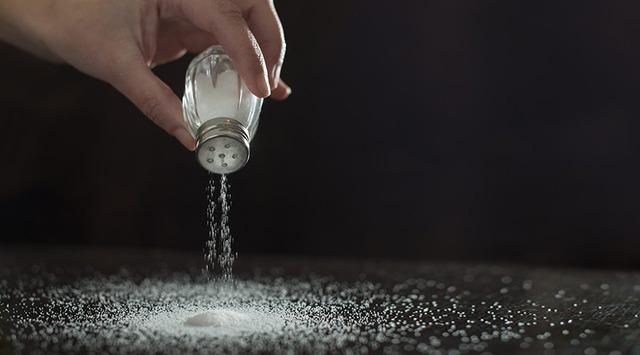
Reminding that the American Heart Association (AHA) recommends that adults do not consume more than 2,300 milligrams (mg) of sodium per day, Topçu emphasized that this rate is equal to approximately 1 teaspoon of salt. Emphasizing that doctors may recommend limiting daily sodium intake to 1,500 mg in people with hypertension or high risk of heart disease, Topçu also gave the following information about what can be done to limit salt intake:
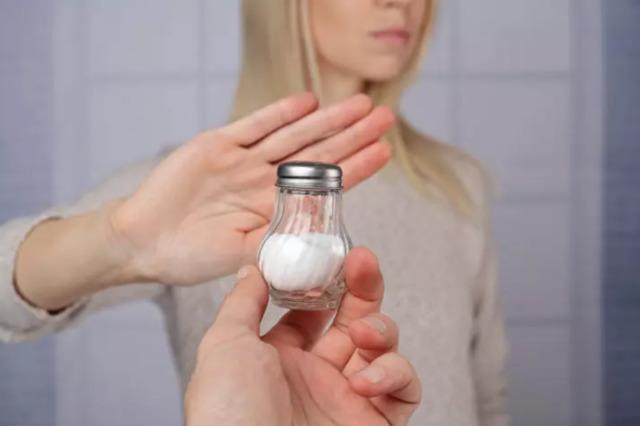
“Eat less processed foods. Processed foods often contain high amounts of salt. Cook more meals at home. When you cook at home, you can control how much salt you put in your food. Stop adding salt while cooking and at the table. Choose foods with low salt content. When reading food nutrition labels, look for sodium content. “Eating less salt can be difficult, but it’s a great way to improve your heart health and improve your overall health.”
FOLLOW A LOW-SODIUM DIET
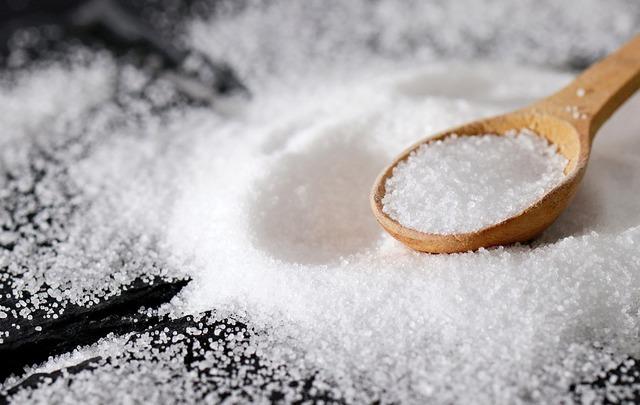
Underlining that sodium is the main ingredient of table salt and that the body needs a very small amount of sodium to function normally, Assoc. Dr. Topçu said, “However, most people consume much more sodium than their body needs. The average American gets 3,400 milligrams of sodium per day. Experts say most people shouldn’t consume more than 2,300 milligrams a day. “People with some health problems should follow a low-sodium diet,” he said.
BEWARE OF ‘TELEVISION FOOD’
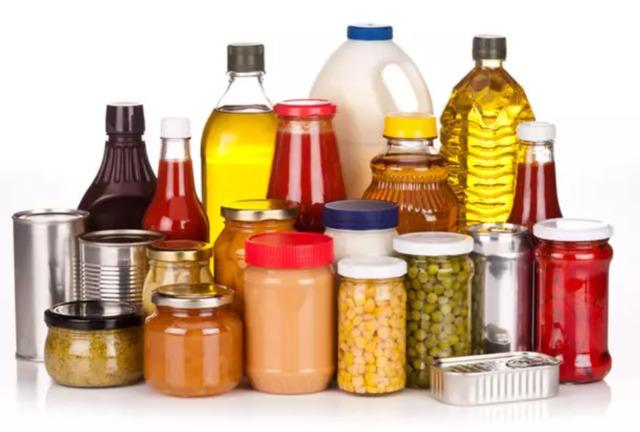
Listing the foods containing too much sodium, Assoc. Dr. Topçu listed the benefits of reducing salt consumption as follows:
“Canned soups, rice and noodle mixes, sauces, condiments (such as ketchup and mustard), ready-made frozen meals also called ‘television dinners,’ hot dogs, sausages and cheeses, smoked, cured or pickled foods, salty snack foods and nuts.” Restaurant meals are among the foods that contain a lot of sodium. Reducing the amount of salt can lower your blood pressure. This can help reduce the risk of stroke, heart attack, kidney damage, and many other health problems. It can reduce the amount of fluid in your body, which means your heart has to work less. It can prevent the kidneys from working too hard. It is especially important for people with kidney disease. It can reduce swelling in the ankles and abdomen, which can be uncomfortable and make it difficult to move. It may reduce the chance of kidney stone formation. It can help keep your bones strong.”
(DHA)
